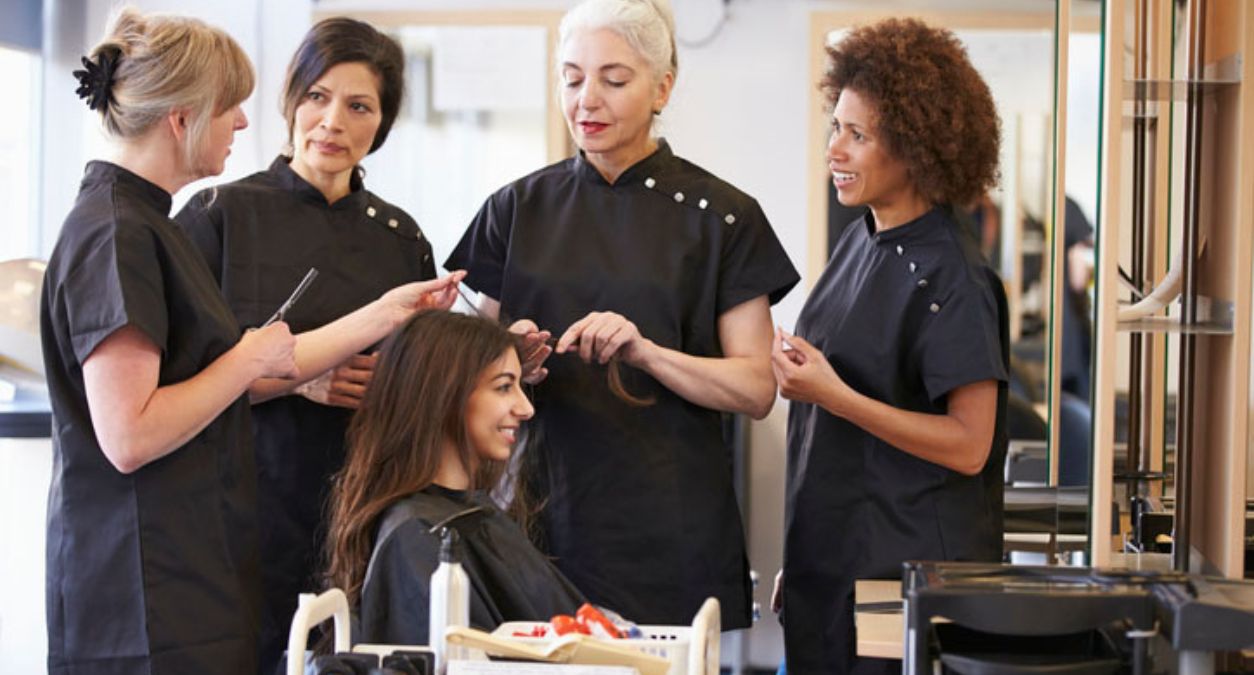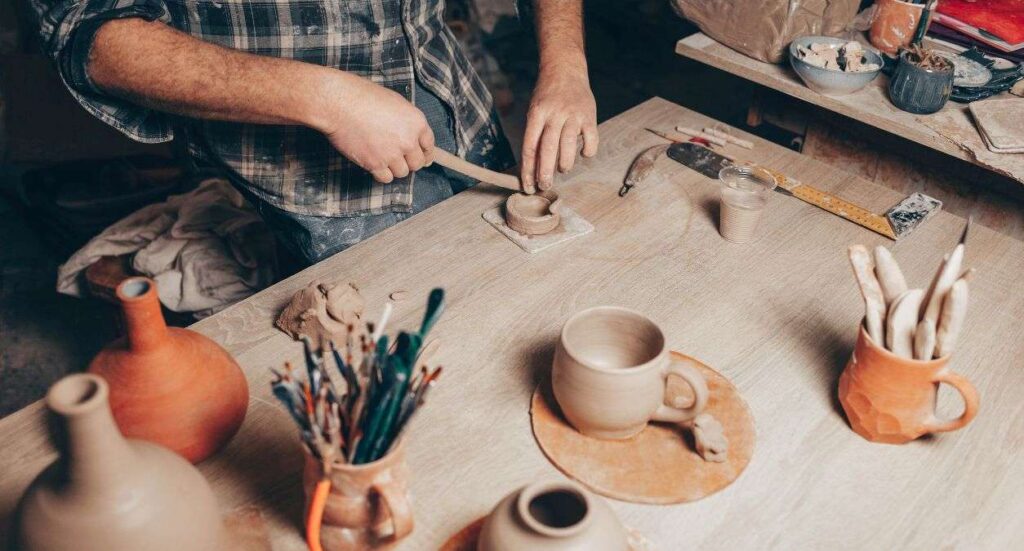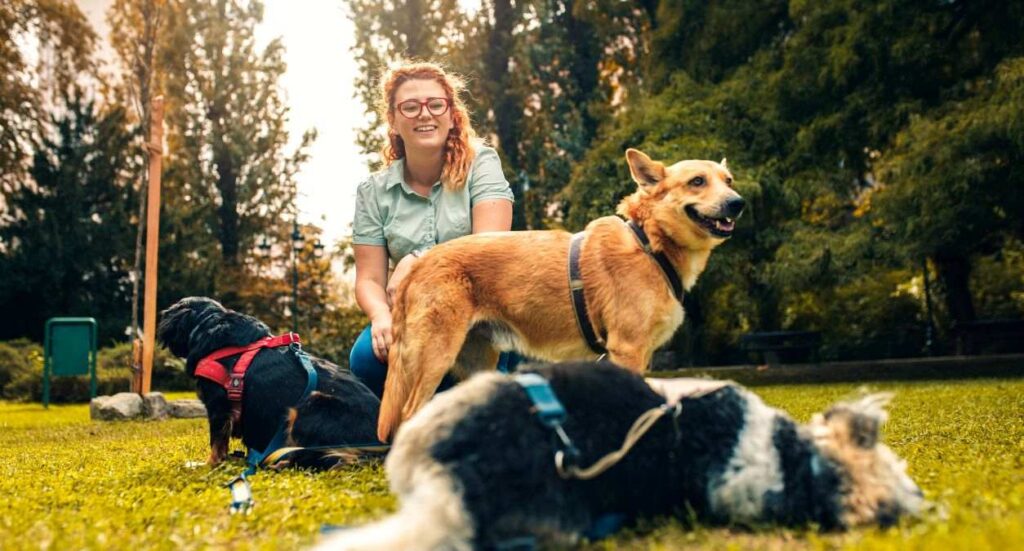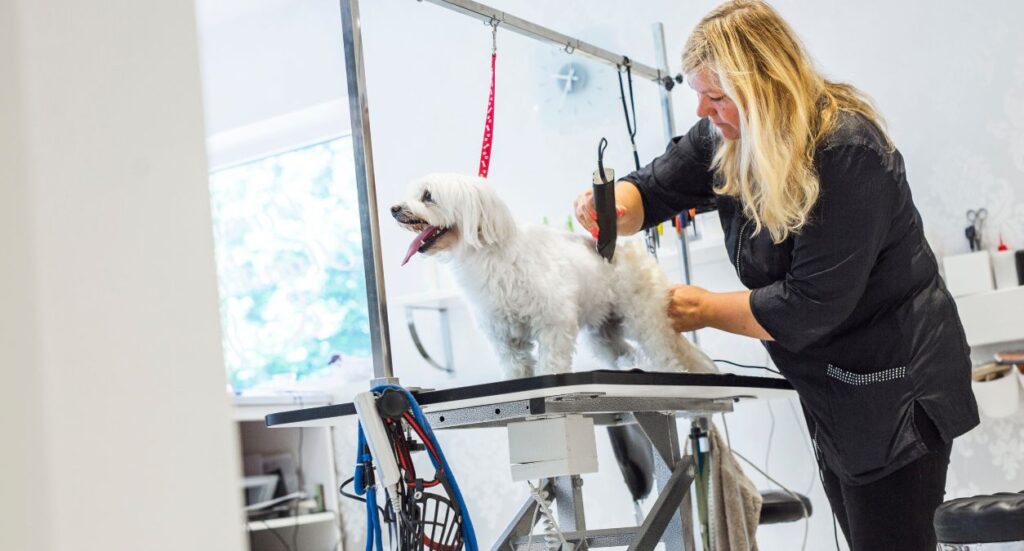Table of contents
Table of contents
If you’re wondering how to become a hairdresser, then the first thing to know is that while the best stylists make it look easy, it can be much more complex than you might think.
Bringing somebody’s hair to life takes skilful use of equipment. You’ll need an eye for style and creativity, a passion for the profession, and a commitment to good old-fashioned hard work. If a career in hairdressing is something that’s always interested you, this might sound like a long and arduous process… but the financial and creative rewards being a professional hairdresser can often make it all worthwhile.
In this guide, we’ll cover all the basics you need to know when considering how to become a hairdresser professionally. We’ll look at the ideal first steps, potential qualifications and training options to pursue, how to continually develop your skills in the future, and the different business models open to you.
Whether you’re still at school and looking at how to break into the industry when you leave, or you’re looking at hairdressing as a career change, the information below will help you start your professional hairdressing journey on the front foot.
What else can I do to improve my skills?
Get Hairdressing Insurance from Protectivity
*Disclaimer – This blog has been created as general information and should not be taken as advice. Make sure you have the correct level of insurance for your requirements and always review policy documentation. Information is factually accurate at the time of publishing but may have become out of date.
Last updated by


















